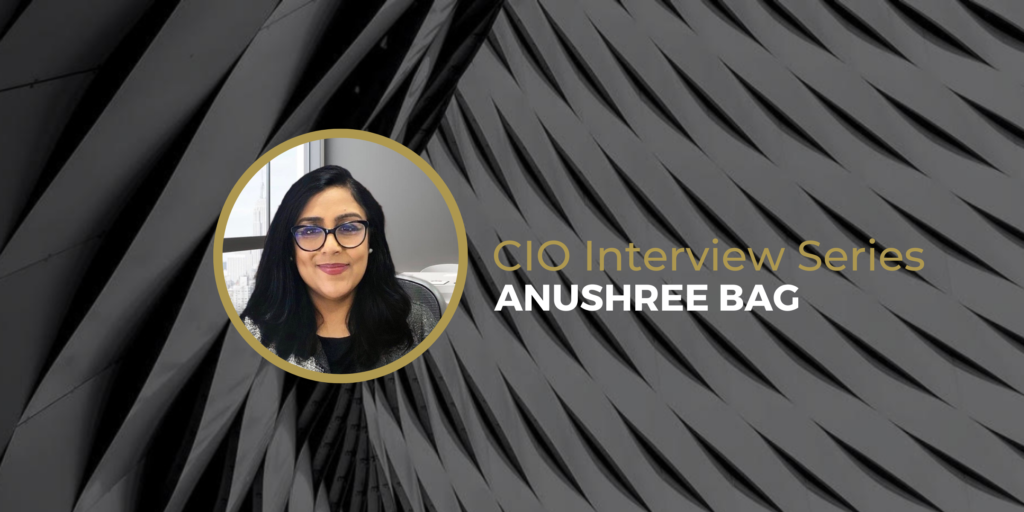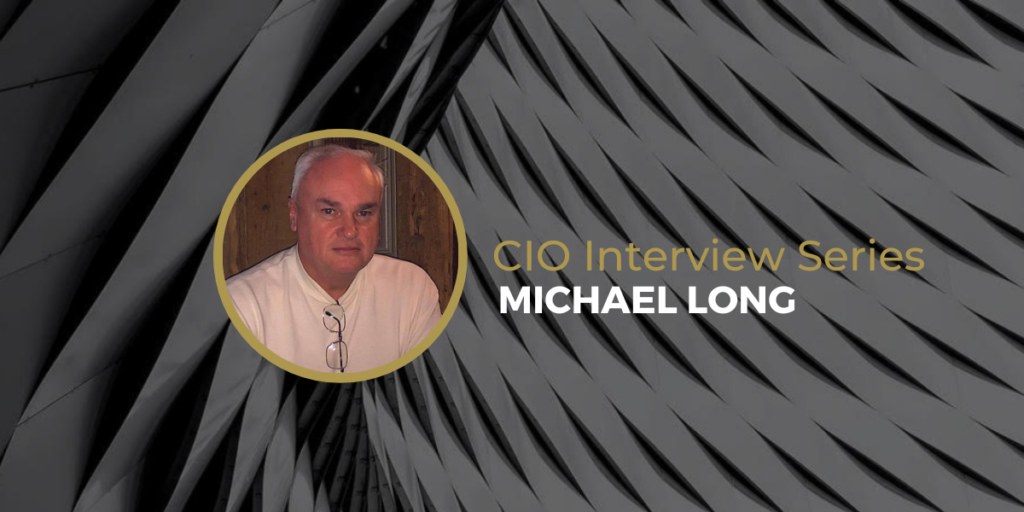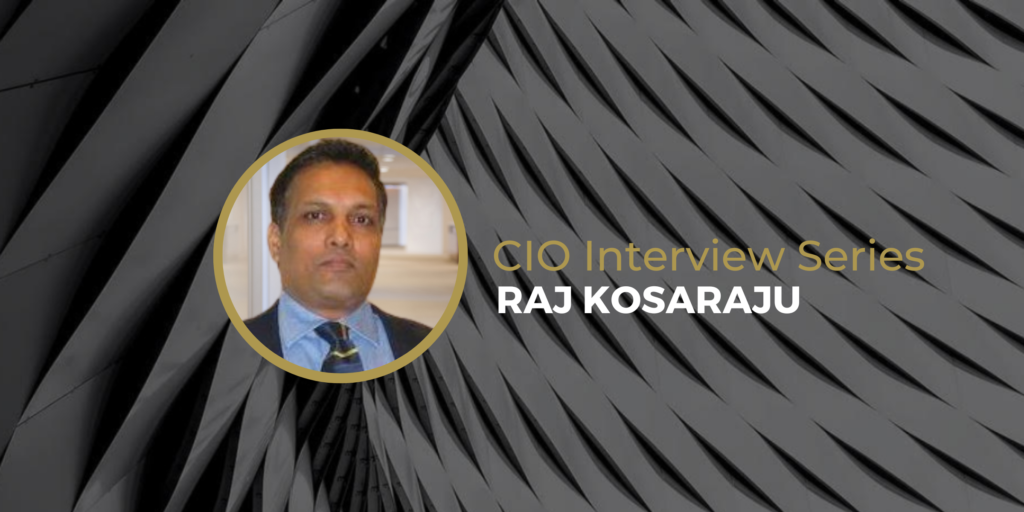Anushree M Bag

CIO at Indiana Department of Child Services
Can you please provide a little introduction about yourself
I am the Chief Information Officer at the Indiana Department of Child Services, based in Indianapolis, Indiana. Acting as the most senior tech executive in a company, my primary responsibility is to lead the technology strategy for our agency. My core functions include oversight of the Information Environment, Cybersecurity, Regulatory Compliance, Enterprise Architecture, Data Policy/Oversight/Governance, Enterprise Architecture, Enterprise Cloud Management, and IT Spend/Category Management. Additionally, my primary focus areas include overseeing the technological infrastructure and modernization of two major Indiana DCS systems that enable Child Support and Child Welfare services provided by the central office and 96 offices across the State of Indiana. The Indiana DCS provides critical and life-changing services to more than 25,000 children and families in the State of Indiana.
What has your journey to your position been like? What path have you taken?
I am an electrical engineer and started my career in Robotics and Automation. Thereafter, I spent over 25 years in a multitude of senior leadership positions that have enabled, empowered, and elevated me to take on progressively higher responsibilities. I consider myself fortunate to have worked for enterprises with varied cultures and a myriad of both business and IT talent, that have helped me grow and mature in meaningful ways.
Has it always been your vision to reach the position you’re at? Was your current role part of your vision to become a tech leader?
I have always had the ambition to be a Chief in a role where I would have decision-making authority over significant business matters. Over time it became abundantly clear that an outstanding CIO is a business leader with strategic insight and ability. He/she is responsible not only for the intricacies of the organization’s systems and applications, but also for harnessing IT investments to transform a business or even create an entirely new one. With the emergence of the Cloud, Big Data, mobile apps, social networking, and a variety of digital services, today’s CIOs face increasing demands to be innovative, agile, have a strategic plan to nurture and retain IT talent, and offer transformative leadership. That realization defined my goal of becoming a Chief Information Officer.
Have you had a role model or mentor that has helped you on your journey?
I’ve had several role models. There are several women leaders – both in the public and private sector, who have been my inspiration. My biggest inspiration is Indra Nooyi, former chief executive officer and chairperson of PepsiCo. Like Indra, I am an Indian-American executive, passionate about building a high-performance organization, work intentionally and diligently towards balancing my professional and personal goals, and am an avid fan of the game of Cricket!
How do you see the role of the technology leader evolving over the next 5 years?
Over the past 5 years, the CIO role had started expanding- to transcend from a predominantly technology role to one that encompasses business strategy. The pandemic, with the unexpected opportunity to accelerate into a digital world that redefined the entire technology space, all the way from having to pivot to remote work overnight, to how customers across industries started expecting technology solutions to be available as a service, the role of the CIO has landed in the epicenter of decision-making and leapfrogged into the Boardroom. I expect the CIO role to keep evolving further, along that trajectory. The new age CIOs will be seen as trusted partners and advisors, to be more diverse, equitable, inclusive, and innovative, to be more empathetic and innovative when managing the talent pool and working with emergent technologies to design solutions that would enable meaningful impact on the society as a whole.
What skills do you think leaders of the future will need in order to thrive?
Digital transformation is disrupting every industry by breaking down barriers between people, processes, and technologies. Transformative innovations in technologies are making their presence felt in enterprises at an exponential speed, ushering in the changes that businesses need, to not only survive but also to thrive.
In the past the CIO’s role encompassed being primarily focused on the IT suite and technology stack. The modern CIO should have people skills, organizational skills, emotional intelligence, and strong awareness about technology trends and the applicability of modern technologies in their lines of business. A successful CIO needs to think and act as a strategic business partner, and a broker between IT and business. A CIO should have the skills that are expected from all C-suite executives- which includes the vision to create a competitive advantage for the organization, and how that can be enabled by harnessing the power of modern and emergent technologies. A CIO should also be fully prepared to look ahead into the future and lead the execution of digital transformation initiatives, such as low-code/no-code, multi-cloud, artificial intelligence, machine learning, virtual reality, blockchain, etc., with the goal of enabling the organization’s operating model.
How do you keep current with new skills, technologies and personal development?
I am an avid learner. I seek out conferences, read up on books, blog posts, podcasts, and utilize learning content on Gartner, LinkedIn Learning, Cybrary and Udemy, when I feel the need to learn something new. Networking with my peers is also a significant source of my learnings and awareness about modern technology solutions.
What do you see as the next leap in technology that will impact your business or industry in particular?
In recent years the technology stack has drastically changed, and so has the customer’s expectations. In State Government, our customers are citizens of our states, and their expectations have significantly shifted, and they have started expecting everything as a service. Emergent technologies have the potential to impact every aspect of how Government services are provided in the future. For example, Artificial Intelligence and Machine Learning can be heavily leveraged for transactional interactions, Virtual Desktops can make work from anywhere possible, Virtual Reality can revolutionize onboarding and training of new employees, Blockchain is making Identity Management seamless. We have lofty goals of interoperability, agility, and availability, that must be balanced with goals of confidentiality, integrity, and compliance.
“Make your employees your biggest priority.”
If you were mentoring a leader of the future, what advice or guidance would you give to help them on their way?
I would have a few different guidance- here are the top few:
1. Have a forward-thinking and forward-building mindset. A successful leader learns from the past but does not dwell on mistakes of the past.
2. Don’t be afraid to try new and innovative ideas. “It always seems impossible, until it is done.”
3. Set clear, actionable, measurable, and unambiguous goals. Collaborate with stakeholders to make actionable plans. Establish criteria to hold people accountable.
4. Delegate when necessary. But delegation only works with strong oversight and governance at a regular cadence. “Trust, but verify”
5. Hire people who are smarter than you, empower them, and get out of their way. Listen to them, with the intent of understanding, and not just to respond. “Leaders who do not listen will eventually be surrounded by people who have nothing to say.”
6. Make your employees your biggest priority. Lead them with empathy and confidence in equal measure, in a way that utilizes their caliber in the best possible way. “Take care of your employees, and they’ll take care of your business”
7. When you reach the top, remember to send the elevator down. Make it a habit to be a mentor and a sponsor to others. Identify talent, invest in them, and be intentional about being vocal and visible in your support for them.
Is there anything in particular that you would still like to achieve in your career or what is the next step on your journey?
I aspire to become a Global CIO. I would also like to continue to mentor and sponsor women in technology.
If you could change one thing in the world, what would it be?
Despite recent advancements, there is still significant underrepresentation of women in the field of technology, especially in the C-Suite and the Boardrooms. I would like to see true gender equity in the field of technology- across the spectrum, but especially at the very top. Many girls and women are held back by the very incorrect perception that technology is too difficult, or not suitable for them, or out of their reach. My wish is to change that, through education, awareness-building, mentorship, and sponsorship.
A big thank you to Anushree M Bag from Indiana Department of Child Services for sharing her journey to date.






